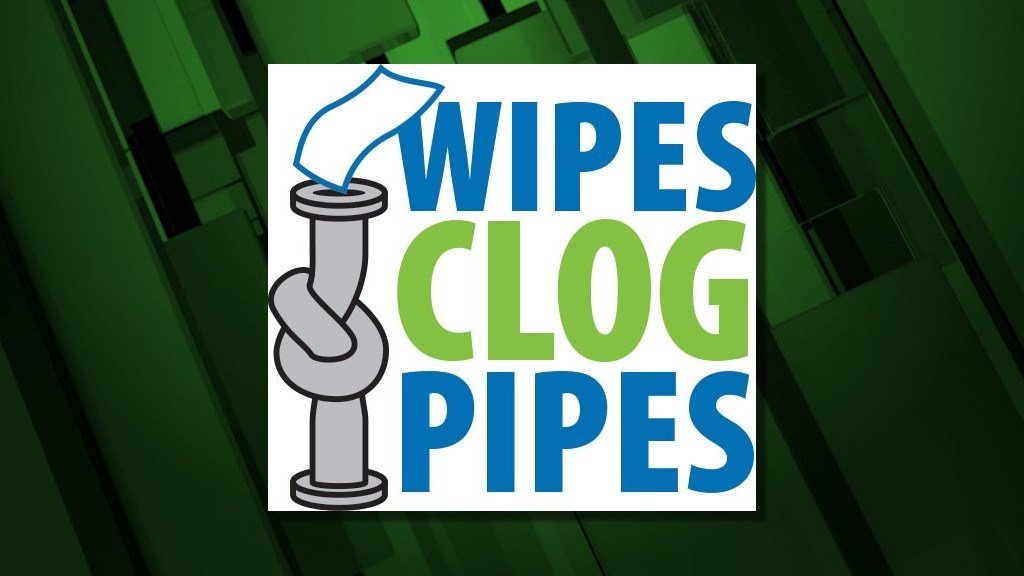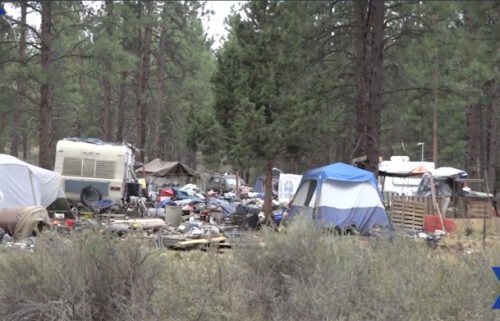Gov. Brown signs state law requiring ‘Do Not Flush’ labeling on disposable wipes

Second state to do so, after Washington; similar move pending in 5 other states
SALEM, Ore. (KTVZ) -- Oregon Gov. Kate Brown signed HB 2344 into law last Tuesday, making Oregon the nation’s second state to require “Do Not Flush” labeling on disposable wipes.
The state of Washington enacted a similar requirement in 2020.
The Oregon law requires manufacturers of baby wipes, make-up wipes, cleaning wipes and other personal care wipes to adhere to a statewide labeling standard that requires product packaging to clearly indicate that such products should not be flushed down toilets.
The bill was a legislative priority for the League of Oregon Cities (LOC) and the Oregon Association of Clean Water Agencies (ACWA).
The two groups coordinated with the Special Districts Association of Oregon to request introduction of HB 2344 in response to ongoing challenges and rising costs associated with wipes and related products that are frequently flushed down toilets
Wet wipes cause blockages resulting in sewer backups, overflows and costly damage to pumps and wastewater treatment equipment in small towns, sanitary districts and large cities throughout Oregon.
“The COVID-19 pandemic exacerbated an already growing problem caused by a glut of products marketed as flushable, when in fact they were clogging and damaging residential and community pipes,” said ACWA Executive Director Susie Smith. “We are grateful to the cities, agencies and legislators who championed this common-sense requirement.”
Wipes legislation is currently pending in California, Illinois, Maine, Massachusetts and Minnesota. The federal Break Free From Plastic Pollution Act, which was re-introduced in March 2021, also contains a provision requiring “Do Not Flush” labeling for wipes.
In a 2020 report, the National Association of Clean Water Agencies estimated that wipes result in $440 million per year in additional operational costs for wastewater utilities. Despite local investments in public education and outreach, numerous Oregon cities and wastewater districts have struggled with clogs in wastewater infrastructure that result from improper disposal of these products.



